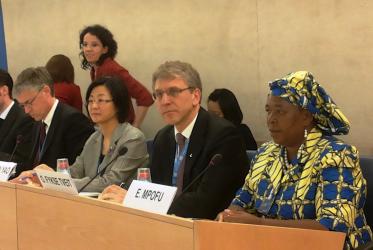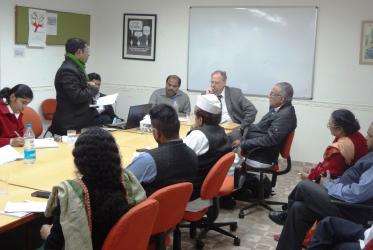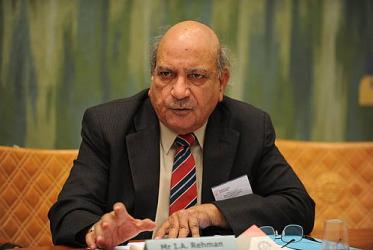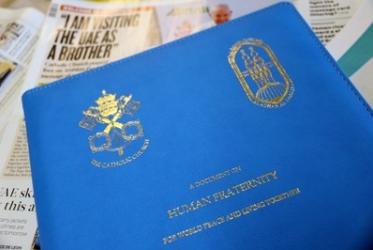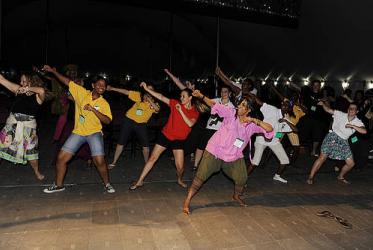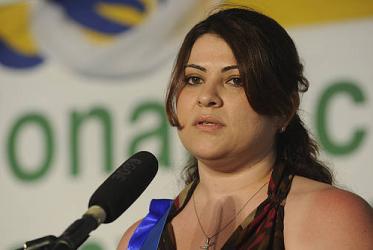Displaying 41 - 60 of 80
Indian churches speak against discrimination faced by Dalits
26 February 2014
WCC Assembly addresses contemporary public issues
08 November 2013
Assembly renews churches’ commitment towards justice and peace
08 November 2013
Dialogue on politicization of religion and rights of minorities
17 September 2013
Concern and solidarity for Bangladesh
17 May 2013
WCC adopts statements on contemporary public issues
12 September 2012
African churches address peace and security issues
31 January 2012
WCC moderator expresses solidarity with church in Indonesia
11 October 2011
When pastors prey: book breaks silence
20 May 2011
WCC Central Committee focuses on peace and justice
25 February 2011
